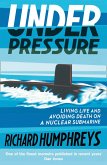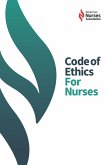The purpose of this thesis is to analyze ways to strengthen the special operations command (SOCOM) force and family by identifying underlying mental health factors that damage human performance, reduce resiliency, and degrade readiness. This research explores the relationship between mental health in terms of post-traumatic stress disorder (PTSD), traumatic brain injury (TBI), and moral injury, and its effects on individual ethics and decision-making. Nearly twenty years of non-stop global operations have strained SOCOM. Current and past SOCOM policies and programs seeking to improve mental health and ethics have limited effectiveness and fail to produce desired effects. Through case study analysis, three common factors continue to characterize ethical lapses in SOCOM: dishonesty, exceptionalism, and unprofessional behavior. Decision-making impairment resulting from mental health illnesses could offer an explanation into these ethical lapses. Therefore, this research proposes that SOCOM re-think addressing ethical lapses by taking a preventative approach to mental illness instead of a reactive approach. The goal of this research is not to eliminate mental illness and ethical lapses, but to identify a new way for SOCOM to reduce both.
Dieser Download kann aus rechtlichen Gründen nur mit Rechnungsadresse in A, B, CY, CZ, D, DK, EW, E, FIN, F, GR, H, IRL, I, LT, L, LR, M, NL, PL, P, R, S, SLO, SK ausgeliefert werden.









